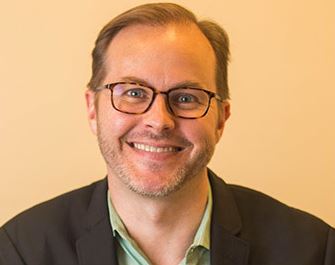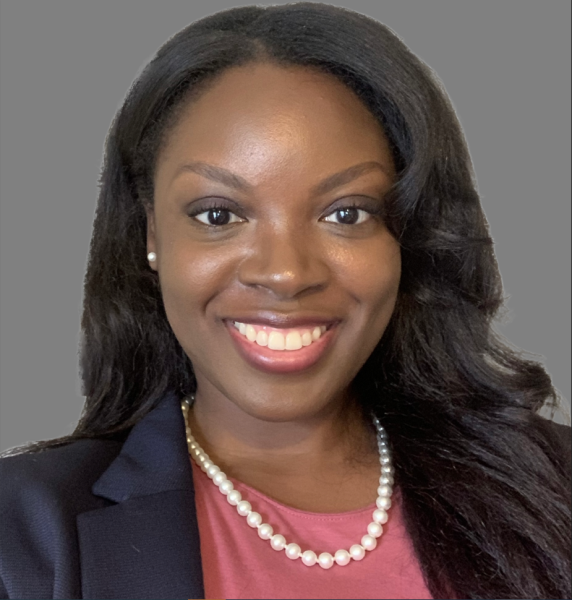By Jessica Holter
What school and community systems and resources are necessary to create equitable conditions for students to excel? How do district policies and practices exacerbate or transform disparities in student opportunities and outcomes? How can schools build learning opportunities to support all students? These questions guide the research agenda of the Nashville Partnership for Educational Equity Research (Nashville PEER), a research-practice partnership between Metro Nashville Public Schools (MNPS) and Vanderbilt University’s Peabody College of education and human development.

“Two years ago, we set out as partners to pursue research that could lead to more equitable public education policy and practice—expanding opportunities and disrupting barriers to student success so that every student thrives,” said Marcy Singer-Gabella, co-director of PEER and professor of the practice of education. “To do this, we are bringing together educators, researchers, and other stakeholders to examine long-standing challenges, understand their complexities, develop solutions, and help district and community leaders make equity-centered decisions at the school and district levels.”
PEER aims to produce actionable, innovative, and scalable research to address racial and social disparities in pre-K-12 schools, a goal that aligns with one of the four core tenets of MNPS to identify and eliminate inequities; the partnership is one of 14 MNPS signature initiatives tied to those core tenets.
Earlier this year, PEER received its first major research funding, a three-year, $650,000 grant from the William T. Grant Foundation to study early postsecondary opportunity offerings, access, and success in MNPS and to design solutions for addressing disparities.
Early post-secondary opportunities (EPSOs)—academic offerings that expose high school students to advanced coursework and build their foundational career skills—are a key lever for increasing college enrollment and completion. However, across the country, student participation and success in these courses varies widely along racial, ethnic, and socioeconomic lines. The sources of these differences—and how best to address them—are not well understood.
PEER will work to identify and address sources of EPSO inequities within the Nashville district. Increasing EPSO participation and completion is part of a district-wide strategy to improve college and career readiness for all students—and particularly for traditionally marginalized groups.
“Early postsecondary opportunities are a key tool for supporting college and career readiness in the district, and we are committed to ensuring that each of our students has access to and can succeed in these important opportunities for another springboard to success,” said MNPS Director of Schools Adrienne Battle. “We’re grateful to the William T. Grant Foundation for its generous support of this critical work.”
In the initial phase of the study, researchers will examine how much EPSOs matter in students’ long-term outcomes and gauge potential gains from reducing inequalities in EPSOs. They will also deepen understanding of gaps that may exist in EPSO access, participation, and success within MNPS. The research team will conduct interviews and focus groups with school staff and students. A stakeholder panel of district and school personnel, students, families, and community group members will review findings throughout the study and work to identify potential points of leverage for interventions along with the research team.

Sean P. Corcoran, associate professor of public policy and education at Peabody College, and Matthew Nelson, director of college and career readiness for Metro Nashville Public Schools, are the study’s principal investigators. Daphne Penn, assistant professor of leadership, policy and organizations, is a co-principal investigator.

“The early phases of this research will really be about deepening our understanding of EPSO offerings and success within the district,” Corcoran said. “In synthesizing findings from quantitative and qualitative components of the study, we hope to identify key levers for disrupting inequalities in early postsecondary opportunities.”
In later phases of the study, funding from the grant will support co-design teams at three MNPS schools that will work to understand evidence from the study and to develop, implement, and assess approaches to increasing EPSO participation and success. Findings from the initial research phase and stakeholder panel reflections will guide these efforts.
“The co-design teams will elevate the voices and lived experiences of those who are on the ground, including school and district leaders, counselors, teachers, community partners, families and students,” Nelson said. “These teams will bring their expertise to address a specific challenge identified in the research, each focusing on a different problem of practice to plan and implement pilot projects to advance equity in early postsecondary opportunities in the participating schools.”
As PEER’s first significant research initiative, this work will demonstrate how the partnership can use research to improve school practice and student success while generating new evidence on research questions of national interest. The joint study reflects Vanderbilt’s and MNPS’ recent investments in research-practice partnership work with a vision of transforming the educational landscape in Nashville through equity-driven research. Under the leadership of PEER’s co-directors, Abbey Loehr and Singer-Gabella, this grant will grow the capacity of the partnership.
“Leading researchers from Vanderbilt and expert practitioners within MNPS are building a structure, through PEER, to not only understand sources of inequality but to address them,” said Camilla P. Benbow, Patricia and Rodes Hart Dean of Education and Human Development at Peabody College. “We look forward to seeing the results of this important flagship study.”
• Sarah Chin, chief strategy officer, Metro Nashville Public Schools
• Sean Corcoran, associate professor of public policy and education, Vanderbilt University
• Shaun Dougherty, professor of education and policy, Boston College (on leave from Vanderbilt University)
• Kevin Edwards, Ready Graduate coordinator, Metro Nashville Public Schools
• Meri Kock, ACT coordinator, Metro Nashville Public Schools
• Emily Munn, director, advanced academics, Metro Nashville Public Schools
• Matthew Nelson, executive director of college and career readiness, Metro Nashville Public Schools
• Mary Smith, doctoral student, Vanderbilt University
• Richard Welsh, associate professor of education and public policy, Vanderbilt University
• David Williams, executive officer, teaching and learning, Metro Nashville Public Schools
The original version of this article was published on June 5, 2023.
